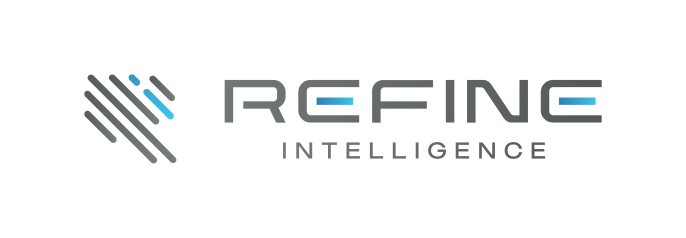
Israel has already played a pivotal role in two previous cybersecurity waves: network security in the early 2000s and cloud-native security in the late 2010s. In both cases, tight feedback loops between the local defense sector, academic research and venture capital produced outsized outcomes, both in terms of category-defining companies and global funding share.
The AI-Cyber segment is emerging under similar conditions. Over the past three years, investment in Israeli AI-Cyber companies has surged, with the share of funding for these firms nearly doubling, reflecting a growing consensus that AI-powered solutions are essential for staying ahead of adversaries. This influx of capital has fueled rapid innovation, as startups and established players race to develop tools that address both the opportunities and risks presented by AI. As a result, the market is witnessing a shift from AI as a peripheral feature to AI as the core of security offerings, and from traditional roles and responsibilities to new organizational structures that can better manage AI-related risks.

As a result, the cybersecurity sector is experiencing both consolidation and diversification, with established players and startups alike racing to define the next generation of security platforms. The integration of AI is no longer a feature but a foundational element, influencing everything from product architecture to organizational strategy. Israel’s experience demonstrates how agility, innovation, and a proactive approach to emerging risks can set new standards for cybersecurity in the AI era. As the global landscape continues to evolve, the lessons from Israel’s AI-Cyber ecosystem offer valuable insights for organizations and policymakers seeking to harness the benefits of AI while effectively managing its risks.
This report is a joint effort led by Deloitte Catalyst, Glilot Capital Partners, AI21 Labs and Herzog designed to examine and illustrate the transformation of the cybersecurity sector and the growing AI-Cyber landscape and illustrates the evolving product landscape. The report leverages expert interviews, an analysis of market developments and a dedicated survey conducted by Glilot Capital Partners among its international network of CISO Advisors to provide insights into the tectonic shifts that reshaping Cybersecurity and the role Israel plays.

active cybersecurity startups

AI-Cyber companies

of the national ecosystem (mid-2025)
of new Israeli cybersecurity startups (2022-2024) focus on AI, signaling rapid sector expansion


of $2.8B deal volume







A strong market push for the adoption of AI-Cyber solutions
A rapidly evolving threat landscape fueled by accessible intelligence
Heightened regulatory scrutiny in a high-stakes environment;
The transformation of enterprise structures through AI-powered tools
The Widening CISO Blind-Spot
The New CISO Office
AI Driven Security Solutions — From Edge Features to Native Products
AI Security – Defending the New Crown Jewels
Consolidation and the Platform Question
As defined thereafter
